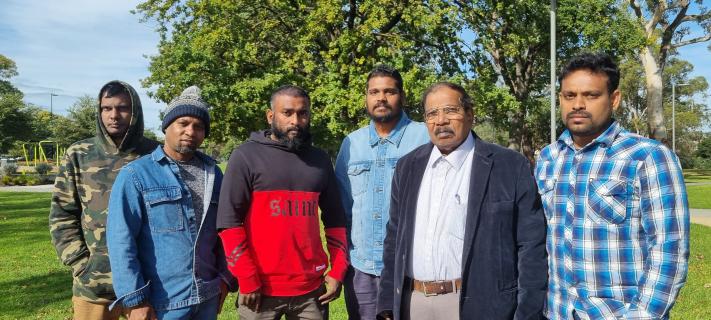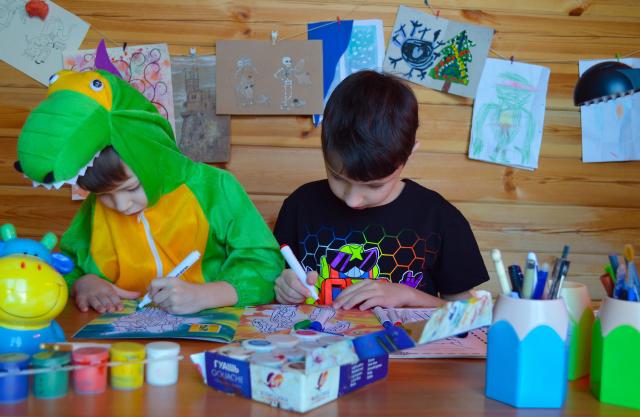After long waits for permanent residency, hundreds of refugees are now facing steep, unaffordable fees to reunite with their loved ones.
In February, the Federal Government announced new Resolution of Status (RoS) visas for more than 19,000 refugees on Temporary Protection Visas and Safe Haven Enterprise Visas.
Some had been languishing in limbo in Australia for more than a decade.
Refugee advocate Wicki Wickiramasingham says RoS visa holders in the South East were initially pleased about the prospect of bringing their families to Australia after a decade of separation.
However, they were unable to afford the $8000-plus visas for their partners and $2750 for each child.
Mr Wickiramasingham said he had heard of some facing costs of more than $18,000 for a partner and four children, with fees set to rise further from 1 July.
“There’s no exemptions from these fees,” he said.
“How can a single person earn that, especially if they have had no work rights or been unemployed for three years during Covid?”
Human Rights Law Centre managing lawyer Sanmati Verma said the policy was shadowed by the “spectre of deterrence” since a former Labor Government abolished free family reunion visas for refugees in 2012.
The move was deliberately designed to deter asylum seekers arriving by boat, Ms Verma said.
As a result, impoverished refugees are required to pay “astronomical” and “exorbitant” fees under the general family visa pathway.
Ms Verma said processing waits could also be up to 10 years under the “discriminatory” wait lists.
Partner visas from the USA were usually completed within a year, while it might take a decade for families fleeing Taliban-ruled Afghanistan, she said.
A Department of Home Affairs spokesperson said as permanent residents, RoS visa holders were eligible to sponsor family members under the “family visa stream”.
“The Government is focused on providing those who engage Australia’s protection obligations a chance to continue their lives in Australia with certainty and security.”
The Government revoked a ministerial direction that put ‘unauthorised maritime arrivals’ at the “lowest processing priority” for family visas.
The family visa stream is subject to capping and queuing arrangements for “some categories”.







